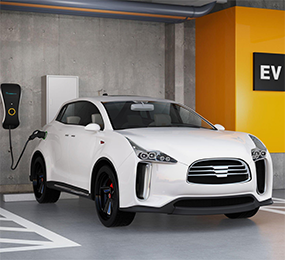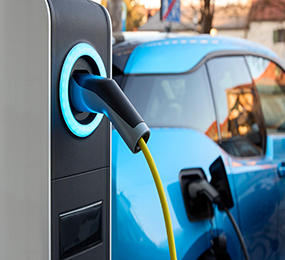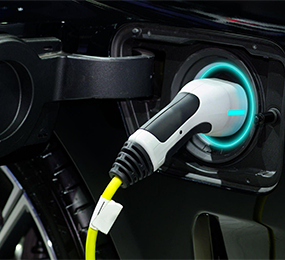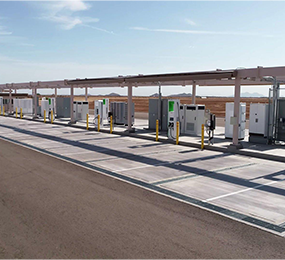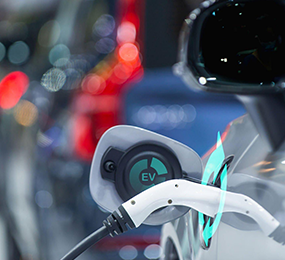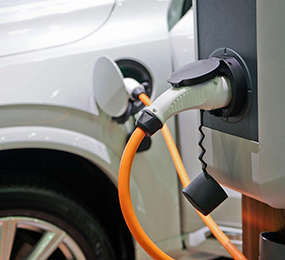Expanding electric vehicle (EV) charging infrastructure in rural areas presents both challenges and
opportunities in the global transition to sustainable transportation. This essay delves into the
complexities surrounding this endeavor, examining key obstacles and potential pathways for progress.
Challenges in Rural EV Charging Infrastructure:
Rural areas face unique challenges, including sparse population density, limited access to electricity
grids, and higher infrastructure costs. Additionally, concerns about range anxiety and the availability of
charging stations may deter EV adoption among rural residents.
Opportunities for Innovation:
Despite challenges, expanding rural EV charging infrastructure presents opportunities for innovation.
Leveraging renewable energy sources, such as solar and wind power, can mitigate grid constraints and
lower operational costs. Furthermore, community-based initiatives and public-private partnerships can
foster collaboration and drive infrastructure deployment in underserved areas.
Balancing challenges with innovative solutions is crucial for the successful expansion of EV charging
infrastructure in rural regions. Through collaborative efforts and strategic investments, rural
communities can embrace the benefits of electric mobility while contributing to a sustainable future.
Visit our website to know more: https://www.leadventgrp.com/events/2nd-annual-ev-charging
For more information and group participation, contact us: [email protected]
Leadvent Group - Industry Leading Events for Business Leaders!


